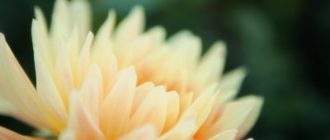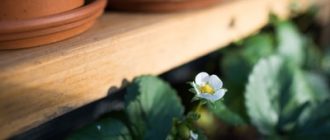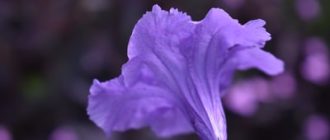
Do you have a garden pest problem but find it too difficult to discuss it with garden experts? No problem – here are some basic guidelines about orchid care that you will find in almost every gardening book (on bookstore and Amazon – no doubt).
I urge you to read these tips because I know that many people are mosaic orchids, meaning that they have parts that are brown and some that are black. This means that they are not as healthy as their pure bred counterparts.
If you are a pure black orchid, read on.
I want to share these tips with you because I know that many people will be delighted to hear them.
1. Make sure that your orchid seedlings are always kept in a temperature of 75 to 85 degrees. You can also move them into a warmer room when there is a danger of frost.
2. Be sure to spray the leaves of your orchid with water. Many orchids such as cattleyas and oncidiums are not fond of getting too much moisture on their leaves and may be kneeling in water. This is why they should be sprayed so that the moisture on their leaves will be evaporated.
3. Be sure to pour a drink of tepid water over your orchid seedlings as this will help them to grow.
4. Do not plant your orchid seedlings in potting soil. You can either grow this kind of plant in volcanic operation, or you can use the conventional methods if you want to.
5. If you are a beginner and will plant your orchid seedlings directly on the ground, be sure to harden off the orchid by leaving it in a sunny spot for a week or two.
6. Spraying or misting your orchid with a fine mist or water will help to keep it clean and clear of diseases.
7. For fungi, you will need to remove infected leaves or whole stems or sprigs. The orchid should be kept in an environment that is moist but not soaked.
8. Try to water your orchid once or twice a week. The size of the orchid pot will also help in determining how often you will be able to water it.
9. If you are a beginner, you will need to start with a strong and healthy orchid; if you buy an orchid that is unhealthy or weak, you may never be able to save it but you can give it the love and care it needs by replacing it with a new healthy one.
10. Orchids love humidity. The best way to create the humidity for your orchid plants is to group them together. Orchids that are closer to each other make greater humidity which the orchids need. Group them on a window sill that has great air circulation. You can also use a tray that is filled with pebbles and water. The water in the tray will evaporate and thus the humidity around the orchids will increase.
11. Placing your orchid on a tray of small stones will increase humidity.
12. Using a humidifier for your orchids will keep them happy and healthy. If you have your own humidifier, or have a reliable family member or friend with a humidifier, you are in business. You do not have to get a big humidifier or invest in one. Try to pick a cheap humidifier that will only cost you a hundred dollars. This will still help increase the humidity for the orchids and make sure your plants are getting enough water.
13. You should feed your orchid plant with fertilizer that is watered down at half strength. We do not want to make the fertilizer poison for your orchids. Use a fertilizer that is water soluble at quarter strength.
14. You should avoid spraying water directly on your orchids because this act may destroy the leaves. You may want to spray it with insecticide. There are several types of insecticides and which ones you should use are difficult to handle. So, ask your relative or friend to help you choose the right type of insecticide.
15. Keep the orchids on the windowsill or beneath a fluorescent light. The act of spraying water on the orchids will make them grow and stimulate the production of the flowers or the buds of the plant.
16. You should start lightly misting the flowers and keep this up for two weeks. This is a good time to snip the flowers as well. You will be able to recognise the matured orchid if you do this. Once the flowers have opened, you should cut them with a sterilized scissor using a knife. The use of rooting hormone will help the orchids to take up the nutrients easier.
17.












